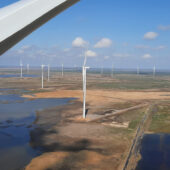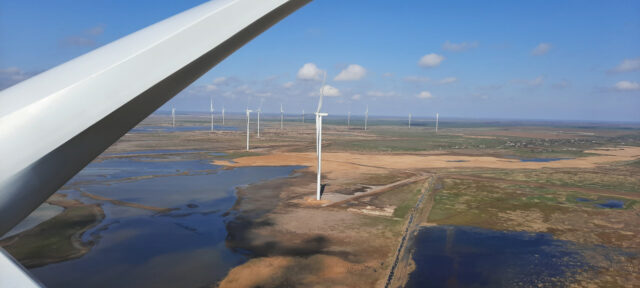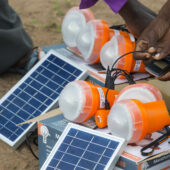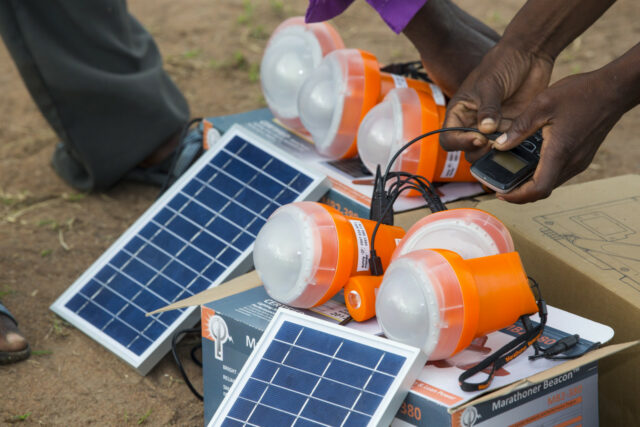BlackRock, the world’s biggest asset manager, has raised more than $250mn for its flagship ‘blended finance’ climate fund.

BlackRock’s Climate Finance Partnership (CFP) is aimed at cutting carbon emissions in emerging markets. The fund’s first close means it is halfway to achieving its $500mn target.
The CFP secured funding from a consortium of 10 investors, including the governments of France, Germany and Japan, and philanthropies including James and Kathryn Murdoch’s Quadrivium Foundation and Jeremy and Hannelore Grantham’s Grantham Environmental Trust.
European pension fund Dai-ichi Life Insurance, Standard Chartered Bank and MUFG Bank came on board as its first institutional investors.
Edwin Conway, global head of BlackRock Alternative Investors, said in a press release the money manager was “honored to collaborate with this group of like-minded organisations from the public and private sectors to raise initial capital that will be used to help unlock the energy transition in emerging markets.”
Blended finance
The use of blended finance, or catalytic capital from public or philanthropic sources to boost private sector investment in sustainable development, could potentially lead to a tenfold increase in investment in developing countries, according to Convergence, a global network for blended finance. According to its data, blended finance has already raised more than $140bn.
“We are supporting this partnership because we believe that combining the strengths of the public and private sectors is necessary in order to align finance flows with low-carbon and climate-resilient development,” said State Secretary Jochen Flasbarth from the German Ministry for the Environment, Nature Conservation and Nuclear Safety.
“The Paris Agreement requires nothing less from us than the climate-friendly transformation of the financial sector.”
The CFP forms part of an increased focus in the past two years on the challenges of climate change at New York-based BlackRock, which has around $9trn in assets under management.
Earlier this month, its chief executive officer, Larry Fink, told a climate conference in Venice, which was part of a meeting of G20 finance ministers, that governments needed to develop stronger long-term climate finance plans.
Current efforts, including on corporate sustainability disclosures, risked being “nothing more than window dressing”, he said.
The CFP, which was founded in 2018 under the leadership of French President Emmanuel Macron, will focus on climate infrastructure investments in countries in Asia, Latin America, and Africa. These include renewable power generation, energy storage solutions and electric transport.
The CFP “can help bring about positive environmental and social impact in line with the United Nations’ Sustainable Development Goals,” said Simon Cooper, chief executive officer Europe & Americas at Standard Chartered Bank. “This fits squarely with our aims at Standard Chartered to mobilise finance to where it matters most.”
Global warming
With the current pace of global warming estimated to be 3.6 degrees Celsius above pre-industrial levels during the first three months of this year, according to research by US asset manager Schroders, emerging markets are most vulnerable to climate change.
In April, BlackRock estimated that two-thirds of global CO2 power emissions come from emerging markets. With energy demand in emerging markets poised to double by 2050, the CFP said around $9trn is needed for emerging markets to derive two-thirds of their energy from renewable power by that time.
Climate change calls for “stronger joint action, public and private,” said Rémy Rioux, chief executive officer of the French Development Agency.
“BlackRock’s blended finance vehicle will help redirect financial flows toward sustainable development investments in emerging markets”






